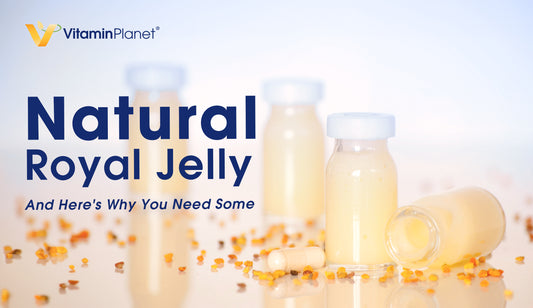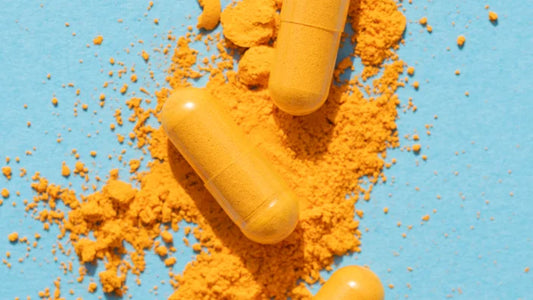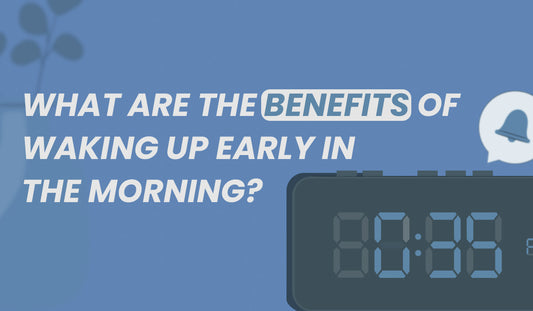Prostate enlargement is a common condition that affects most men as they grow older. Though it is not a serious threat to health, enlarged prostate can create an annoying situation for the affected person, causing him to make night trips to the bathroom. The prostate is a small gland between the penis and the bladder. When the prostate cells multiply, it becomes enlarged. An enlarged prostate can put immense pressure on the urethra and bladder, thus affecting how you pass urine.
 Prostate enlargement is a common condition that affects most men as they grow older. Though it is not a serious threat to health, enlarged prostate can create an annoying situation for the affected person, causing him to make night trips to the bathroom. The prostate is a small gland between the penis and the bladder. When the prostate cells multiply, it becomes enlarged. An enlarged prostate can put immense pressure on the urethra and bladder, thus affecting how you pass urine.
Prostate enlargement is a common condition that affects most men as they grow older. Though it is not a serious threat to health, enlarged prostate can create an annoying situation for the affected person, causing him to make night trips to the bathroom. The prostate is a small gland between the penis and the bladder. When the prostate cells multiply, it becomes enlarged. An enlarged prostate can put immense pressure on the urethra and bladder, thus affecting how you pass urine.
Symptoms and Causes
Usually prostate enlargement is associated with ageing. Experts link this condition to changes in hormone levels in men as a result of the ageing process. Enlarged prostate is actually the noncancerous enlargement of the prostate, which prevents smooth flow of urine through the urethra. As a result the urethra narrows, causing the bladder to contract forcefully to pass urine.
Some common symptoms include:
- frequent need to urinate
- returning for urination minutes after finishing
- difficulty in starting urination
- problem in emptying the bladder
- weak urinary stream
- urgency to urinate
- straining to urinate
- getting up frequently at night for urination
- feeling that the bladder has not emptied completely
- continued dribbling of urine
Treatment
When the bladder doesn't empty due to enlarged prostate, there is a risk of urinary tract infections. Supplementation with antioxidants, including vitamin A,C,E, can help men with an enlarged prostate. Antioxidants protect sensitive organs like prostate from oxidative damage.









